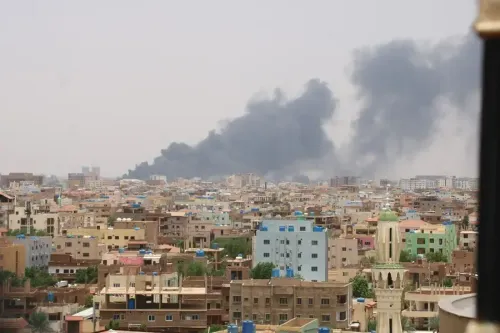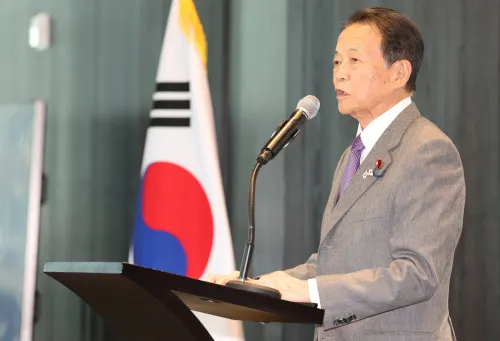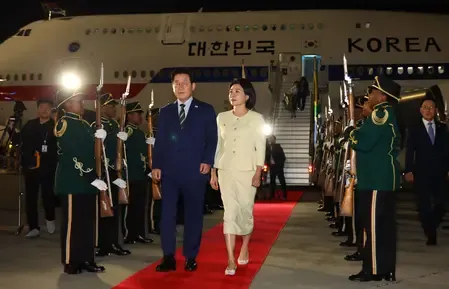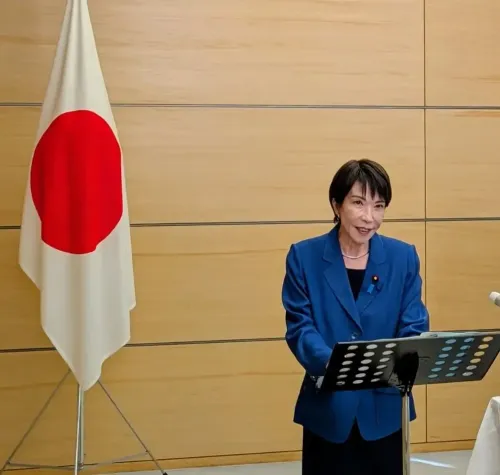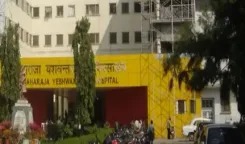India Emphasizes UNSC Reform as Key to Peacekeeping Success
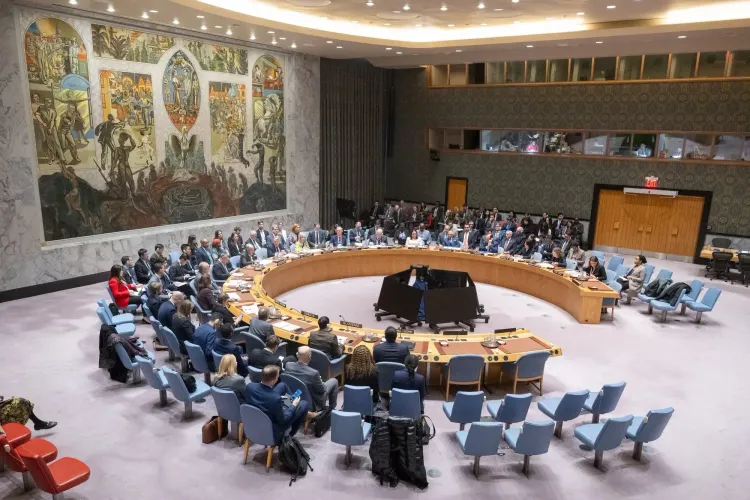
Synopsis
Key Takeaways
- UNSC reform is vital for effective peacekeeping.
- Political solutions must support peacekeeping efforts.
- India offers training for modern peacekeeping challenges.
- Review of peace operations aims to enhance effectiveness.
- Memorial for fallen peacekeepers is a priority.
United Nations, March 25 (NationPress) India has asserted that reforming the Security Council is crucial for achieving lasting peace in areas of conflict, as effective political solutions must underpin peacekeeping efforts.
"Peacekeeping cannot stand alone as a resolution to conflicts," remarked India's Permanent Representative P. Harish during a UNSC session on Monday.
He emphasized that lasting peace is only attainable when peacekeeping missions are complemented by political resolutions, urging the need for UNSC reform in both permanent and elected membership categories to better reflect today's geopolitical landscape.
Secretary-General Antonio Guterres acknowledged that peacekeeping faces unprecedented challenges from a web of threats that often disregard national boundaries.
He stated, "Terror and extremist factions, organized crime, the utilization of new technologies as weapons, and the repercussions of climate change are all straining our response capabilities."
Harish identified these challenges confronting peacekeeping and extended India's support in training peacekeepers to tackle them.
"India is prepared to design and present courses that meet the unique needs of contemporary peacekeeping at our Centre for UN Peacekeeping (CUNPK), which has been training both national and international peacekeepers for over 20 years," he declared.
Regarding India's contributions to peacekeeping enhancement, he mentioned the inaugural Conference for Women Peacekeepers from the Global South, which convened representatives from 35 nations contributing troops and police.
Guterres noted that a thorough review of all peace operations is currently in progress, involving extensive discussions with Member States and others to guide and inspire recommendations.
He asserted that this review aims to critically analyze these tools and suggest actionable recommendations to adapt them to contemporary needs.
Additionally, he highlighted that the review will focus on ensuring that peace operations are operated under clear, sequenced mandates that are both realistic and achievable, with practical exit strategies and transition plans.
In his speech, Harish also advocated for defined mandates and feasible transition plans that guarantee the sustainability of peace.
He reminded the Council about the initiative to establish a Memorial Wall honoring the over 4,000 peacekeepers, including 182 Indians, who sacrificed their lives under the UN's blue flag.
He urged that the memorial, envisioned in a General Assembly resolution proposed by India in 2003, should be finalized promptly.
(Arul Louis can be contacted at arul.l@ians.in)

